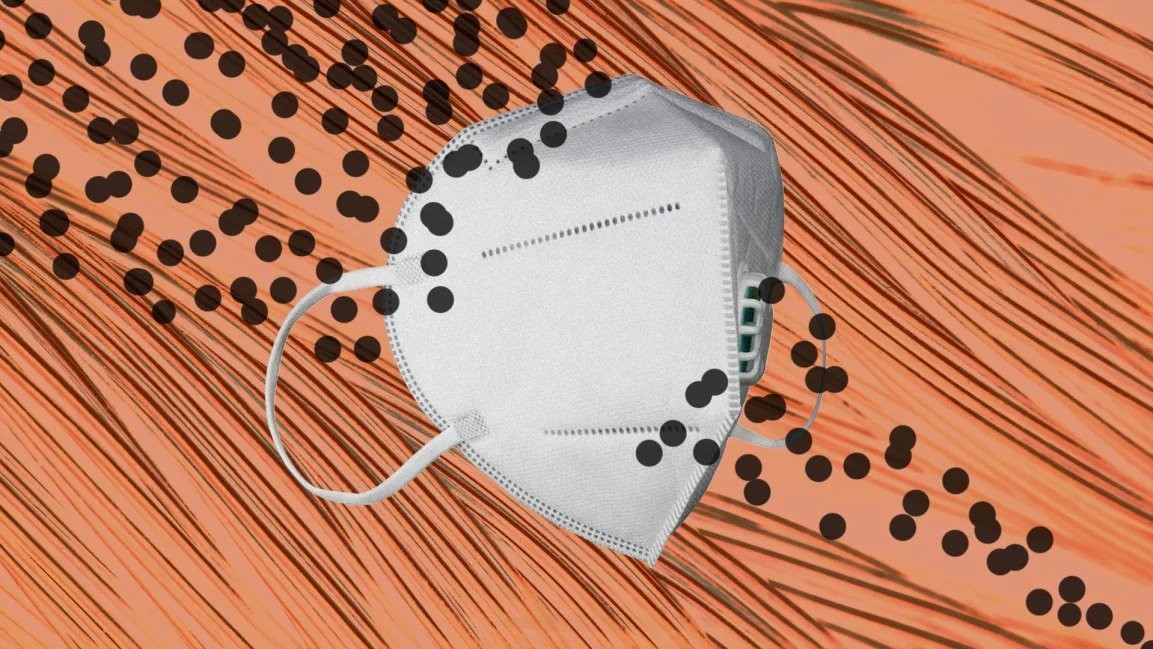
Fast Company: Scientists are racing to design a face mask that can rip coronavirus apart
UC expert explains how mask technology keeps COVID-19 from spreading
Fast Company interviewed Carl Fichtenbaum, MD, of the UC College of Medicine for a story on efforts by scientists to design and produce face masks that are effective against the spread of COVID-19.

Carl Fichtenbaum, MD, of the UC College of Medicine who talked to Fast Company about methods for designing masks to prevent the spread of COVID-19. Photo/Colleen Kelley/UC Creative + Brand
Fichtenbaum says one of the ways in which COVID-19 is spread is through nose and mouth secretions and probably by airborne transmission.
“If somebody were to sneeze or cough, the mask should not fall off their face," he told Fast Company. "So you have to know whether the copper or other chemically enhanced masks have the same ability as an N95 mask to form a tight seal and whether there are sufficient layers to prevent droplets or airborne particles from getting through.”
Read the entire article here.
Lead graphic/iStock.
Impact Lives Here
The University of Cincinnati is leading public urban universities into a new era of innovation and impact. Our faculty, staff and students are saving lives, changing outcomes and bending the future in our city's direction. Next Lives Here.
Stay up on all UC's COVID-19 stories, read more #UCtheGood content, or take a UC virtual visit and begin picturing yourself at an institution that inspires incredible stories.
Related Stories
Love it or raze it?
February 20, 2026
An architectural magazine covered the demolition of UC's Crosley Tower.
Social media linked to student loneliness
February 20, 2026
Inside Higher Education highlighted a new study by the University of Cincinnati that found that college students across the country who spent more time on social media reported feeling more loneliness.
Before the medals: The science behind training for freezing mountain air
February 19, 2026
From freezing temperatures to thin mountain air, University of Cincinnati exercise physiologist Christopher Kotarsky, PhD, explained how cold and altitude impact Olympic performance in a recent WLWT-TV/Ch. 5 news report.
